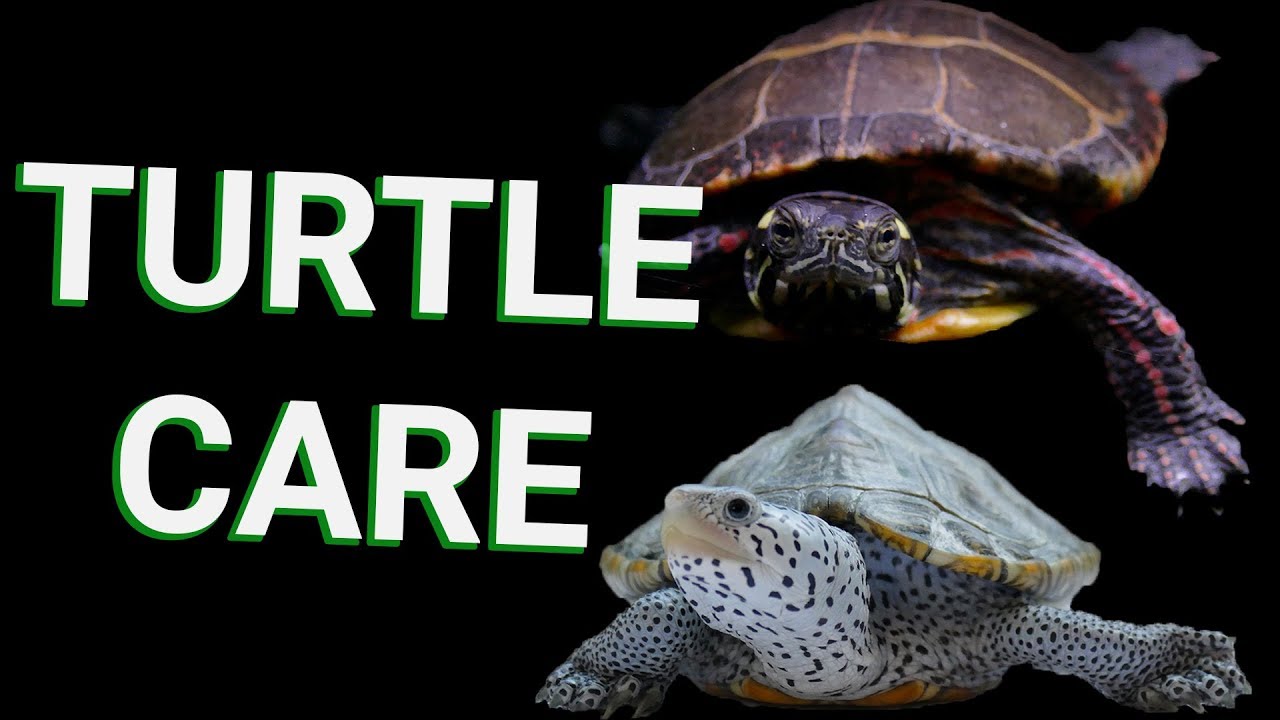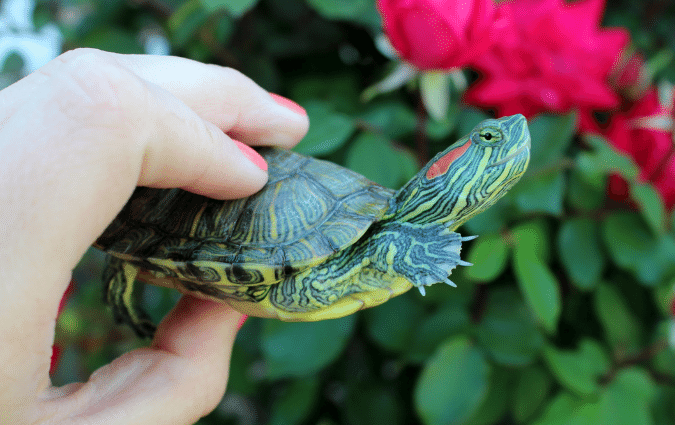|
Turtles are fascinating creatures and make great pets for children and adults alike. However, taking care of a turtle requires knowledge and effort to ensure your pet has a long and healthy life. In this ultimate guide, we'll cover everything you need to know to keep your turtle happy and healthy. Types of Turtles
The first thing you need to consider when getting a turtle is the type of turtle you want. There are many different types of turtles, and each has its own unique care requirements. Some common types of turtles include:
Housing Turtles need an environment that mimics their natural habitat. Housing for turtles should be at least 10 gallons for every inch of shell length. For example, a 6-inch turtle would need a minimum 60-gallon tank. Good filtration is also essential for maintaining clean water. You'll also need to provide a basking area, where the turtle can climb out of the water and dry off completely. This should be kept at a temperature of about 90 degrees Fahrenheit. To achieve this, you can use a basking lamp or a ceramic heat emitter. Feeding
Turtles are omnivores, meaning they eat both plant and animal matter. A good turtle diet should consist of a variety of protein-rich foods, such as insects and worms, as well as leafy greens and vegetables. It's important to note that turtles have specific dietary requirements depending on their age and species. For example, baby turtles require more protein in their diet than adult turtles. Make sure to research your turtle's specific dietary needs and offer a balanced diet. Health Turtles are generally hardy creatures, but they can still get sick. Signs of illness include lack of appetite, lethargy, and abnormal behavior. To keep your turtle healthy, you should take them to a veterinarian who specializes in reptiles for regular check-ups. Keeping their environment clean and providing proper nutrition will also help prevent illness. Handling Handling a turtle requires some caution to avoid injuring them. Always make sure to support their entire body and never pick them up by their shell. It's also important to remember that turtles are not social animals and don't enjoy being handled as much as other pets might. Limit handling to necessary situations, such as cleaning their enclosure or taking them to the vet. Conclusion
Taking care of a turtle requires knowledge and effort, but the rewards are well worth it. By providing a proper environment, diet, and care, you can ensure that your turtle will be a happy and healthy companion for many years to come. Remember to research your specific turtle's care requirements and never hesitate to consult a veterinarian if you have any concerns about your pet's health.
0 Comments
Leave a Reply. |
�
categories
Categories
All
|





 RSS Feed
RSS Feed